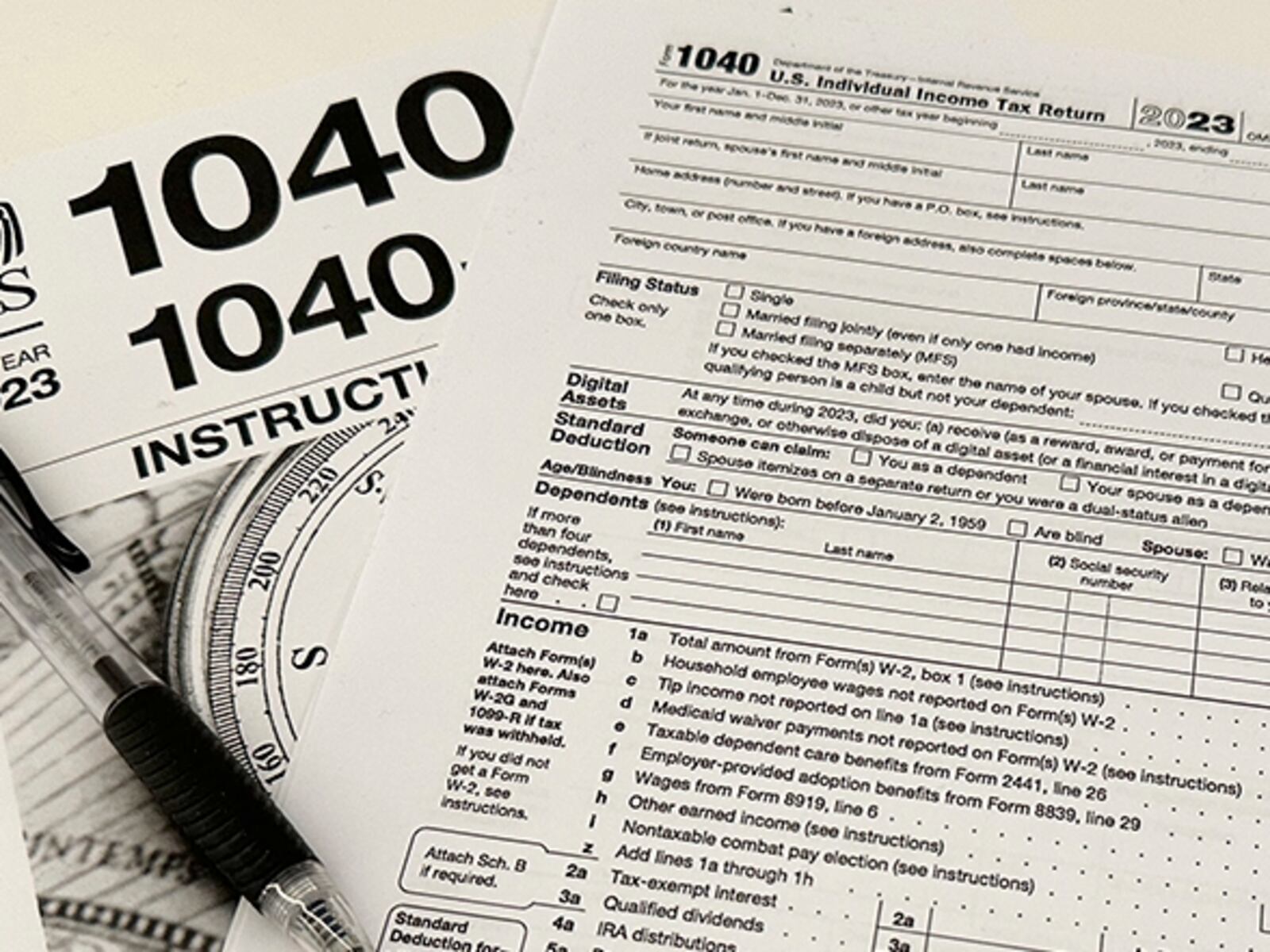Business
IRS Phases Out Paper Checks for Tax Refunds: What Taxpayers Need to Know

The Internal Revenue Service (IRS) and the U.S. Treasury Department have initiated a significant shift in how taxpayers receive their refunds. Effective immediately, the IRS is phasing out paper check refunds, meaning that taxpayers can now expect to receive their refunds exclusively through direct deposit or other electronic payment methods.
This transition represents a crucial step in the IRS’s broader initiative to enhance efficiency and security in the tax refund process. In an official statement, the agency emphasized that this change aims to protect taxpayers while expediting the refund timeline and reducing associated costs.
During the most recent tax filing period, the IRS issued over 93.5 million tax refunds to individual income tax filers. Remarkably, approximately 93% of these refunds, equating to nearly 87 million refunds, were distributed via direct deposit. This figure highlights the growing preference among taxpayers for electronic payments, as only 7% opted for paper checks.
Preparing for the New System
While the IRS will provide detailed guidance for the upcoming 2025 tax returns before the start of the 2026 filing season, taxpayers can continue using existing forms and procedures for filing taxes in the meantime. The agency has indicated that the transition to electronic payments will not alter the current procedures for filing tax returns.
For individuals without access to traditional bank accounts, the IRS is encouraging the use of alternative options such as prepaid debit cards and digital wallets. These methods are expected to facilitate easier access to refunds for those who might have previously relied on paper checks.
Taxpayers who typically choose to receive their refunds via paper checks are advised to prepare for this change ahead of the 2025 tax season. The IRS recommends that individuals verify their banking information or consider opening a free or low-cost bank account to ensure a smooth transition to electronic refunds.
This landmark decision by the IRS marks a significant modernization effort aimed at aligning the tax refund process with contemporary financial practices. As the agency continues to implement these changes, it is poised to improve the overall experience for millions of taxpayers across the United States.
-

 Science2 months ago
Science2 months agoInventor Achieves Breakthrough with 2 Billion FPS Laser Video
-

 Health2 months ago
Health2 months agoCommunity Unites for 7th Annual Into the Light Walk for Mental Health
-

 Top Stories2 months ago
Top Stories2 months agoCharlie Sheen’s New Romance: ‘Glowing’ with Younger Partner
-

 Entertainment2 months ago
Entertainment2 months agoDua Lipa Aces GCSE Spanish, Sparks Super Bowl Buzz with Fans
-

 Health2 months ago
Health2 months agoCurium Group, PeptiDream, and PDRadiopharma Launch Key Cancer Trial
-

 Top Stories2 months ago
Top Stories2 months agoFormer Mozilla CMO Launches AI-Driven Cannabis Cocktail Brand Fast
-

 Entertainment2 months ago
Entertainment2 months agoMother Fights to Reunite with Children After Kidnapping in New Drama
-

 World2 months ago
World2 months agoIsrael Reopens Rafah Crossing After Hostage Remains Returned
-

 World2 months ago
World2 months agoR&B Icon D’Angelo Dies at 51, Leaving Lasting Legacy
-

 Business2 months ago
Business2 months agoTyler Technologies Set to Reveal Q3 Earnings on October 22
-

 Health2 months ago
Health2 months agoNorth Carolina’s Biotech Boom: Billions in New Investments
-

 Health2 months ago
Health2 months agoYouTube Launches New Mental Health Tools for Teen Users









